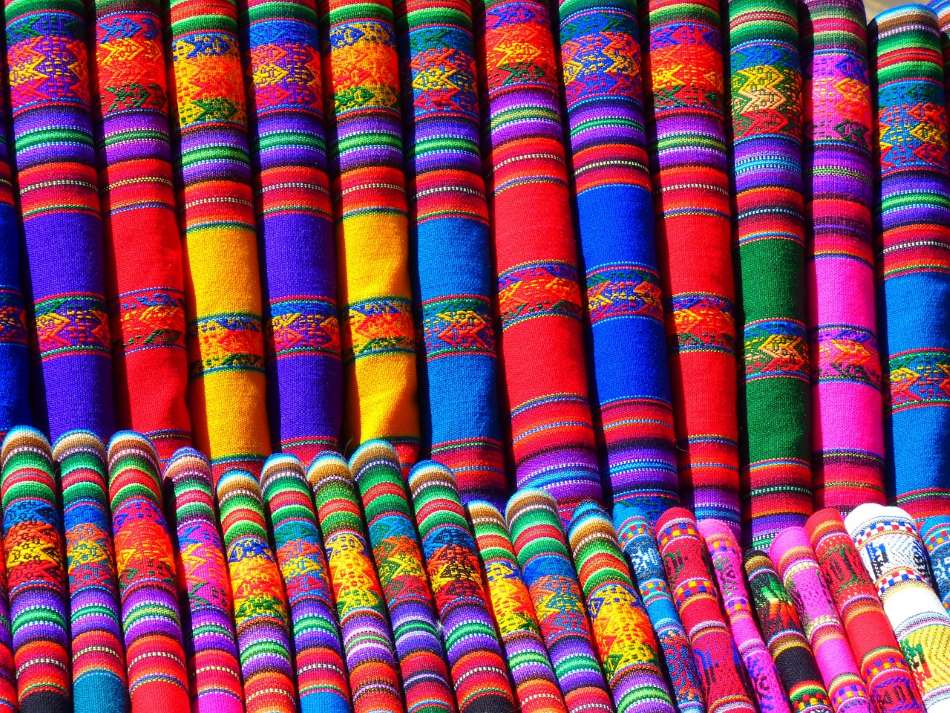
The fact that one country’s loss is another one’s gain is coming true for India’s top knitwear hub Tirupur. Its slowly losing space due to the progress made by Bangladesh knitted fabrics manufacturing segment. The Free Trade Agreement (FTA) between India and Bangladesh is negatively affecting India’s textile exports and its market share within the domestic industry. Customs exemption on Bangladesh fabrics has made them far cheaper and resulted in increased imports into India’s mid-market segment. This has led to demand for the more expensive high-tech Tirupur products going down.
By importing cost-effective raw materials from China, Bangladesh is now exporting high-tech finished apparels to the EU and US markets where they are exempt from duties due to Bangladesh’s status as a least-developed country. Also, the cost-effectiveness and durability of man-made fibres in the apparel segment has added to the downfall of the knitwear segment that Tirupur is well-known for.
Moreover, growing import of dyed knitted fabrics, despite import duty, is a matter of concern. As Prabhu Dhamodharan, Convenor of Coimbatore-based Indian Texpreneurs Federation (ITF) points out, dyed knitted fabrics are used to make all types of garments. During the first five months of the current fiscal, India imported knitted fabrics worth Rs 2,270 crore, mostly from China.
The influx of dyed knitted fabrics directly impacts various sub-sectors, including spinning, knitting, and processing.
Tirupur manufactures around Rs 35,000 crore worth of knitwear apparels like T-shirts, innerwear, women’s leggings and shorts for exports and Rs 20,000 crore worth products for the domestic market.
Rapid decrease in Tirupur’s global exports, domestic markets
The Tirupur Exporters Association highlights, import of knitted fabric from Bangladesh have risen to Rs 2,489 crore as compared to Rs 1,576 crore in the previous fiscal 2021-22. While it is estimated the value of Indian exports is around $16.5 billion, Bangladesh has already crossed this figure with exports over $44 billion, making it necessary for the Tirupur knitwear industry to buck up with stiff competitive.
Although it seems that Tirupur’s export share increased during the past two years in comparison to clothes coming from other Indian garment centers. However, the dollar share in export of clothing has decreased, since the apparent increase in export is in reality more due to the rupee’s devaluation rather than volume increase. In reality, Tirupur exported fewer clothing in 2022–23.
Exports have decreased consistently from Tirupur when measured in dollars from August 2022 for the following seven months, with exports falling the most in February-March 2023 by around Rs 1,100 crore less than the same months in 2022. Also, there was a sharp decline in shipments in October 2022 worth Rs 2,164 which was a sharp drop from Rs 3,290 crores in October 2021.
Popularity of man-made fibres affecting business
Orders for knitted fabrics from Tirupur are also dropping due to competition from cheaper and durable man-made fibers that are flooding the fast fashion segment. Export orders from mills producing man-made fibers in Surat and other places in Gujarat is affecting Tirupur’s business. Other leading Asian apparel exporting countries such as Vietnam, Bangladesh are also facing lower order volumes but somehow doing better than India due to their lower labor costs, lower input costs, and duty exemptions in trade practices.
Although the Tirupur cluster has around 30,000 units including ancillary ones, most of them are not being used to capacity due to slow global demand. Currently, the bigger mills have some bulk global orders but the medium and smaller units are suffering with fewer orders. International export orders have reduced by 40–50 per cent from last year as most companies have not placed big orders for the upcoming Christmas season. Tirupur manufacturers will now have to wait it out for 2024 spring-summer orders which are placed by the end of this year, meaning profits will not come in for a long time.
The downturn in important apparel markets of the US and EU has affected the entire global trade and knitwear industry remains apprehensive that the worst is yet to come.












